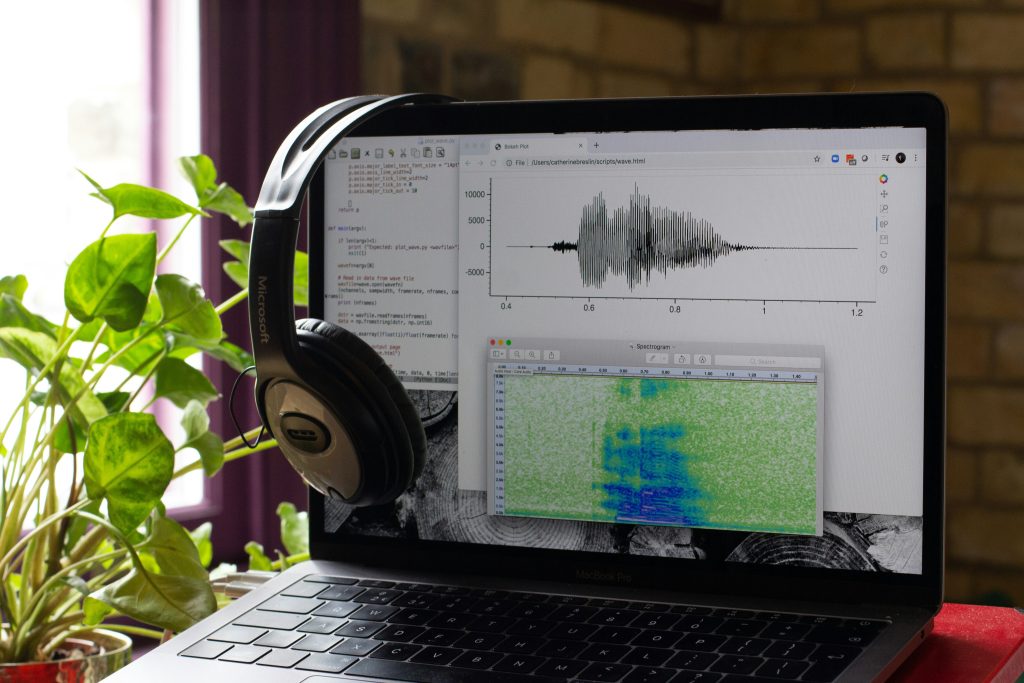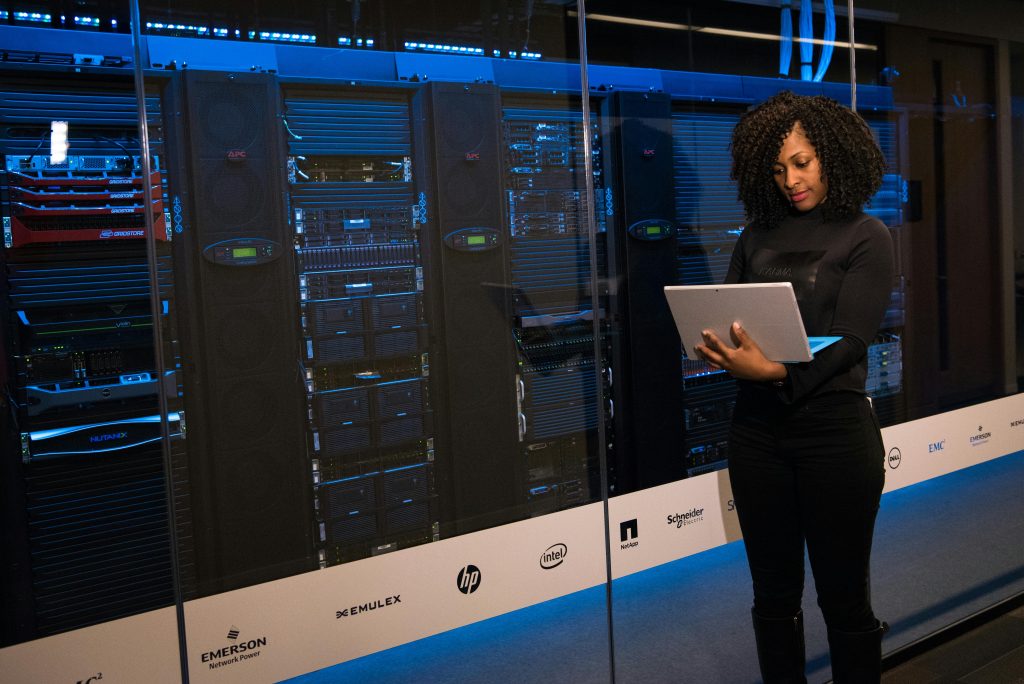Voice assistants like Alexa, Siri, and Google Assistant are now part of millions of homes. Voice technology is evolving beyond simple commands—today, it powers smart homes, cars, virtual shopping assistants, and even healthcare bots. But this rise in convenience comes with a serious concern: privacy.
Voice assistants are always listening—or at least waiting to be triggered. While companies claim they only record after hearing a wake word, investigations have shown that recordings are sometimes stored, reviewed by humans, or even leaked.
Users often don’t realize how much data they’re sharing—voice tone, location, language patterns, and even emotional cues. This can be used for personalization but also misused for profiling or surveillance.
To use voice tech safely, users should review privacy settings, delete recordings regularly, and use physical mute buttons. On the flip side, developers must prioritize secure data storage, encryption, and transparency.
Voice technology is here to stay, but its future success depends on building trust. As consumers, staying informed is our best defense.



